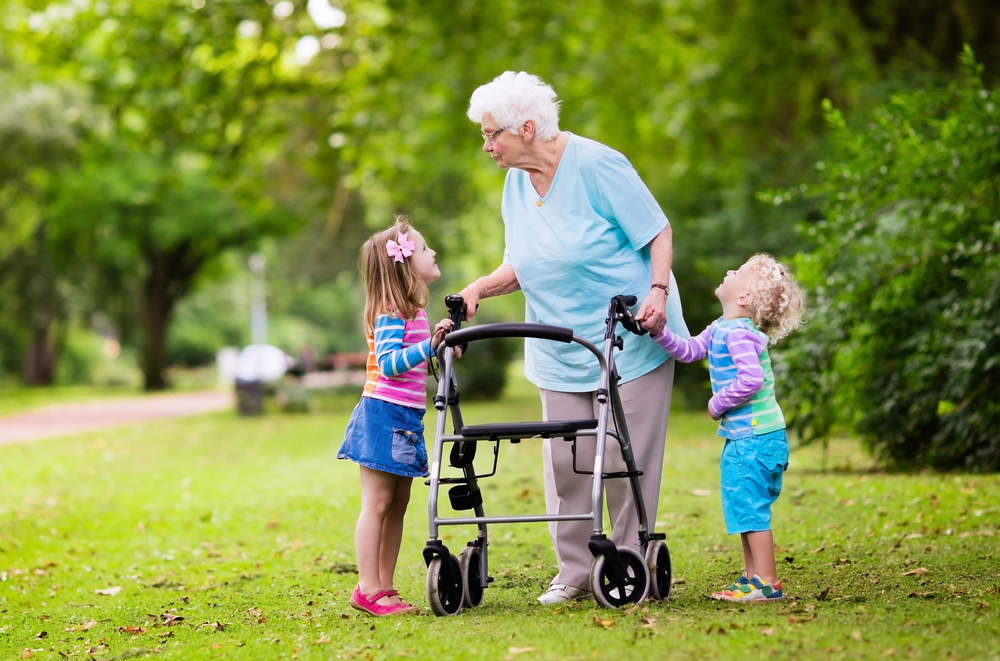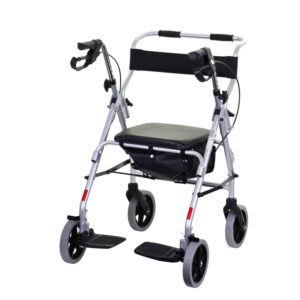As we journey through life, ageing gracefully is a goal we all aspire to. However, as our bodies change with time, maintaining independence can become challenging, especially for elderly individuals facing mobility issues. Fortunately, advancements in mobility aids offer a path forward, enabling those with mobility issues to reclaim their autonomy and embrace life to the fullest.
Understanding the Need for Mobility Aids
Ageing brings with it a myriad of physical changes, from decreased muscle strength and joint flexibility to impaired balance and coordination. These changes can significantly impact mobility, making simple tasks like walking or climbing stairs difficult and sometimes dangerous. For elderly individuals, maintaining independence in their daily activities becomes increasingly challenging, leading to a loss of confidence and a diminished quality of life.
The Impact on Independence
Independence is a cornerstone of well-being, allowing individuals to make their own choices and live life on their terms. However, when mobility becomes limited, independence often takes a hit. Many elderly individuals find themselves relying on others for assistance with basic tasks, which can be frustrating and demoralising. This loss of independence can also lead to social isolation as individuals may feel reluctant to venture out or participate in activities outside the home.
Empowering Independence with Mobility Aids
- The Role of Mobility Aids
Mobility aids play a crucial role in bridging the gap between limited mobility and independence. These aids are designed to assist individuals in moving around safely and comfortably, both indoors and outdoors. From canes and walkers to wheelchairs and scooters, there is a wide range of options available to suit different needs and preferences.
- Wheelchairs
Wheelchairs are perhaps the most well-known mobility aid, providing invaluable support to individuals with mobility impairments. Modern wheelchairs come in various designs, from manual to electric, foldable to rigid, catering to a wide range of needs. For elderly individuals who struggle with walking long distances or standing for extended periods, a wheelchair can be a game-changer, allowing them to conserve energy and navigate their surroundings with ease.
A rollator with seat offers a unique blend of mobility and comfort, making it an excellent choice for elderly individuals who require occasional rest breaks while walking. These aids feature a lightweight frame with wheels, handlebars for stability, and a built-in seat for resting when needed. Rollators provide the support and confidence to venture out independently, knowing that a comfortable seat is always within reach.
Choosing the Right Mobility Aid
- Assessing Individual Needs
When selecting a mobility aid for yourself or a loved one, it’s essential to consider your specific needs and preferences. Factors such as the level of mobility impairment, lifestyle, and environment should all be taken into account. Consulting with a healthcare professional or mobility specialist can help determine the most suitable option and ensure a proper fit.
- Ensuring Safety and Comfort
Safety should always be a top priority when using mobility aids. Proper training on how to use the aid safely, including techniques for getting in and out of wheelchairs or navigating obstacles with a rollator, is essential. Additionally, ensuring that the aid is comfortable and properly adjusted to the user’s height and weight can prevent discomfort and minimise the risk of injury.
Overcoming Stigma and Resistance
- Addressing Stigma
Despite the many benefits of mobility aids, there can still be a stigma attached to using them, with some individuals viewing them as a sign of weakness or dependency. However, it’s crucial to challenge these perceptions and recognise that mobility aids are tools for empowerment, not symbols of limitations. By reframing the narrative around mobility aids, we can encourage more individuals to embrace them as valuable resources for maintaining independence and enhancing quality of life.
- Encouraging Acceptance
Encouraging a loved one to use a mobility aid can be met with resistance, as they may fear losing their independence or admitting to their limitations. However, approaching the conversation with empathy and understanding can help alleviate these concerns. Emphasising the benefits of increased mobility, safety, and freedom can empower individuals to see mobility aids as tools for enhancing their lives, rather than limitations.
Embracing Independence
As we navigate the journey of ageing, maintaining independence becomes increasingly important for preserving dignity and quality of life. Mobility aids are invaluable at offering support, comfort, and freedom to elderly individuals or others facing mobility challenges. From wheelchairs to rollators with seats, these devices can empower individuals to move forward with confidence, reclaiming their independence and embracing life’s adventures with dignity. By embracing mobility aids and encouraging our loved ones to do the same, we can help them live life on their terms, navigating the world with independence.







